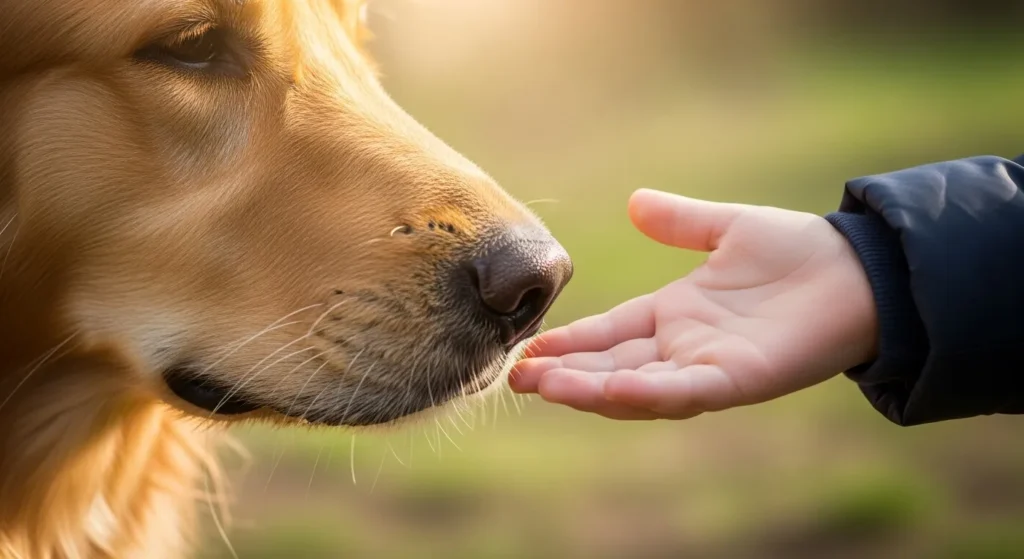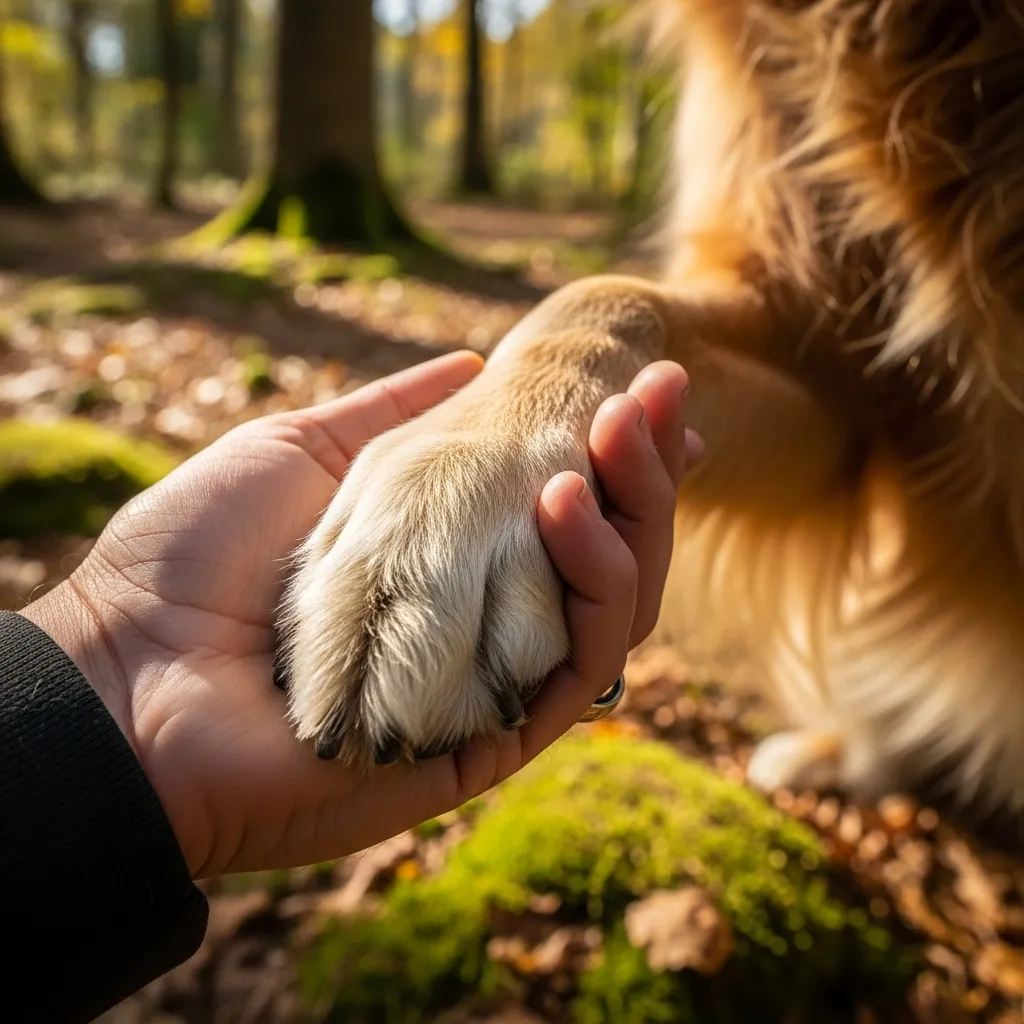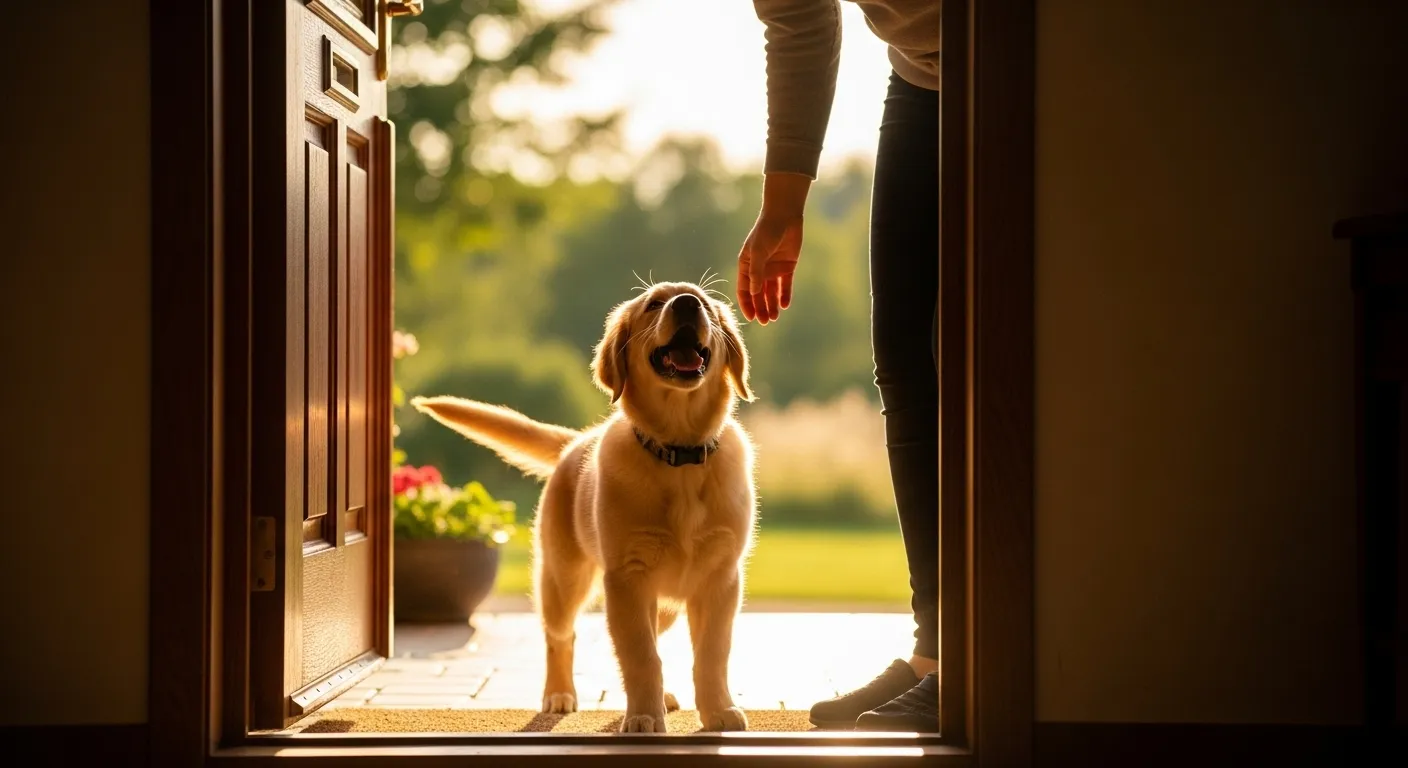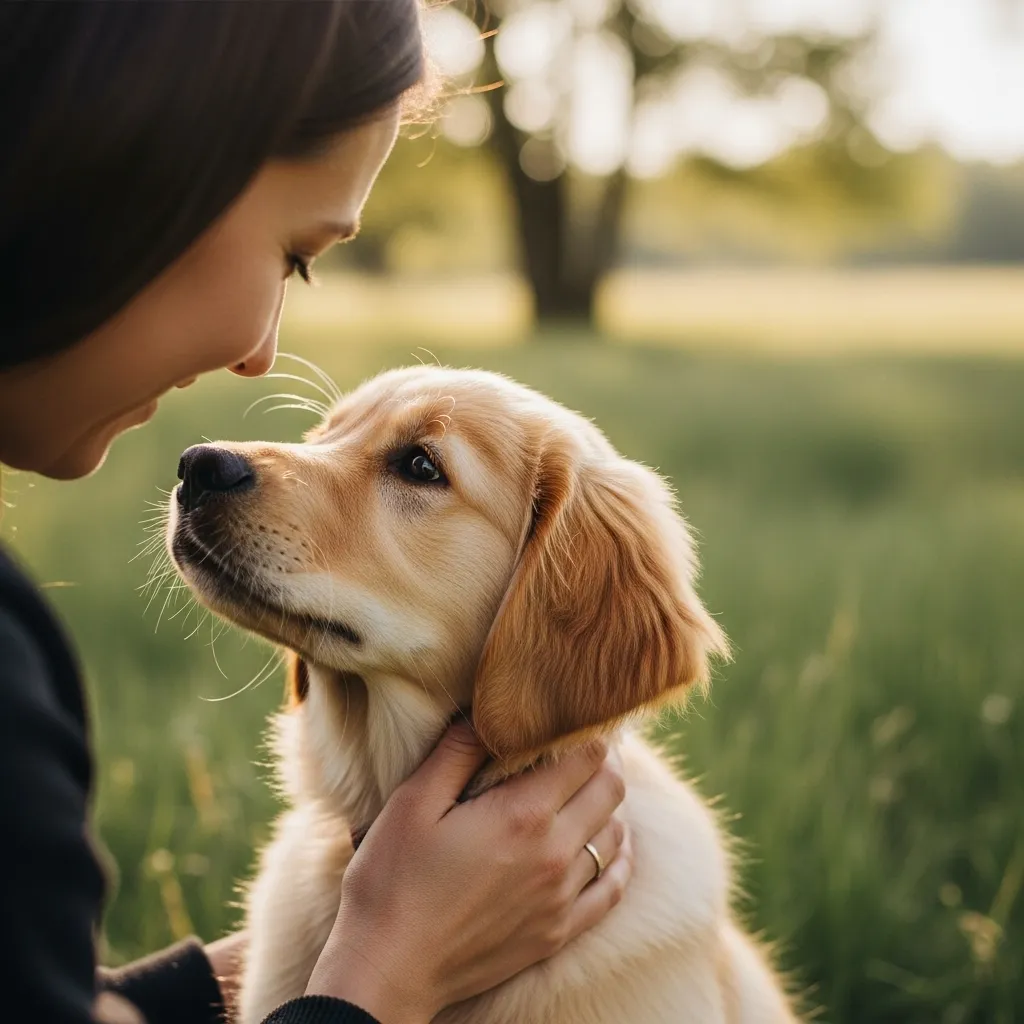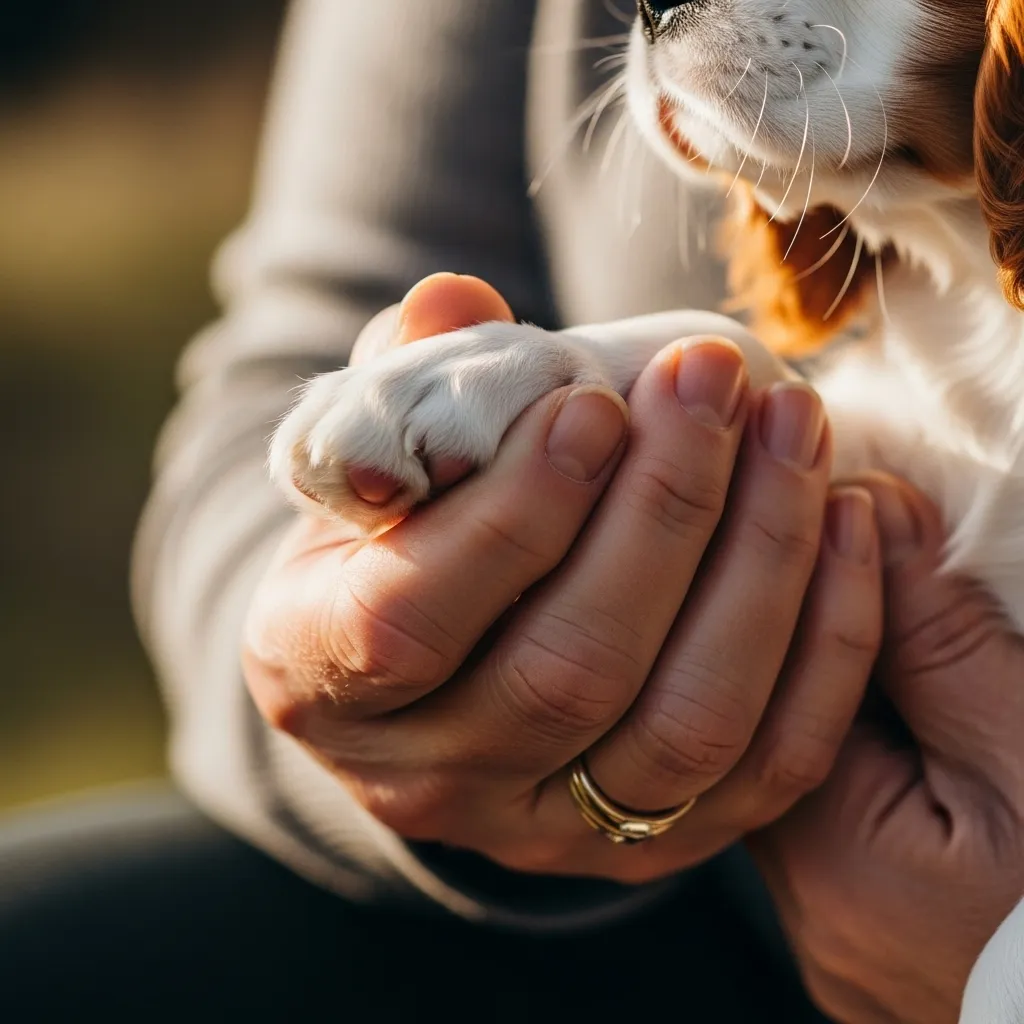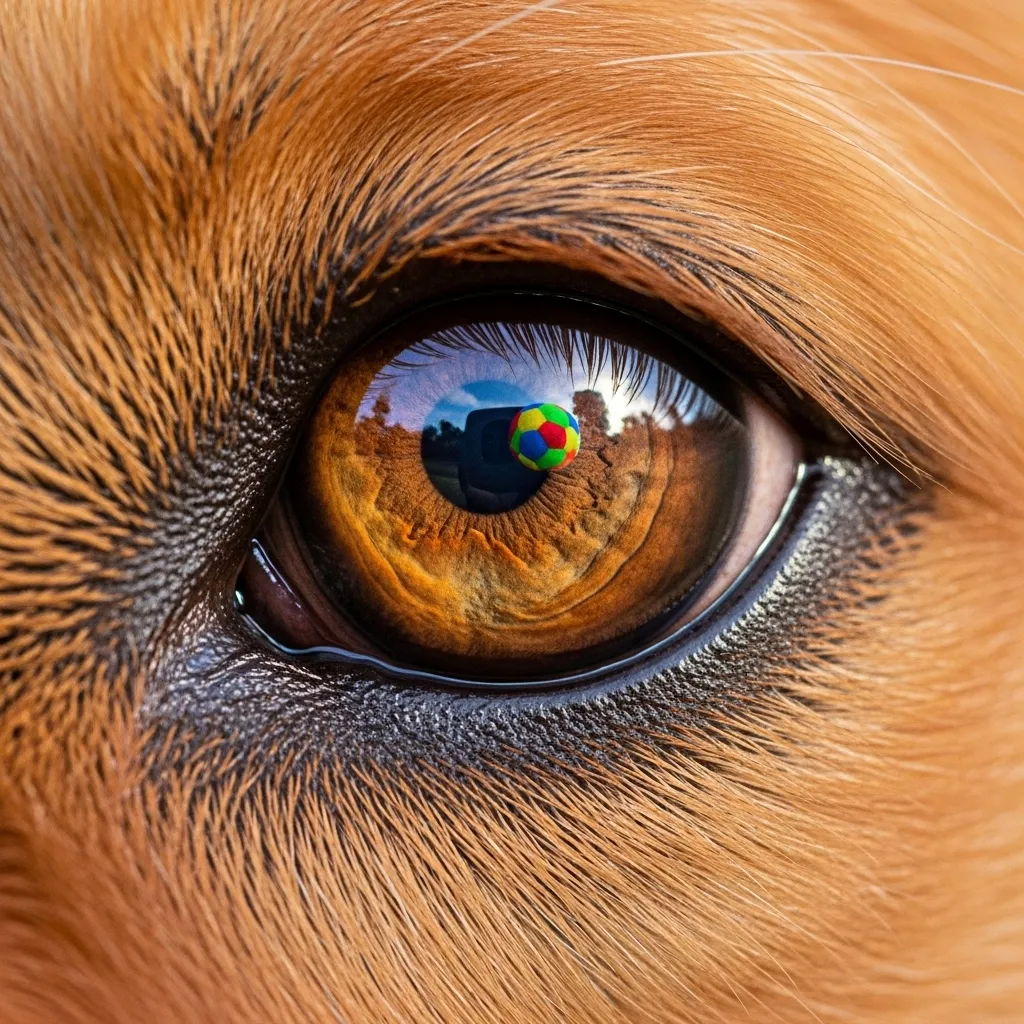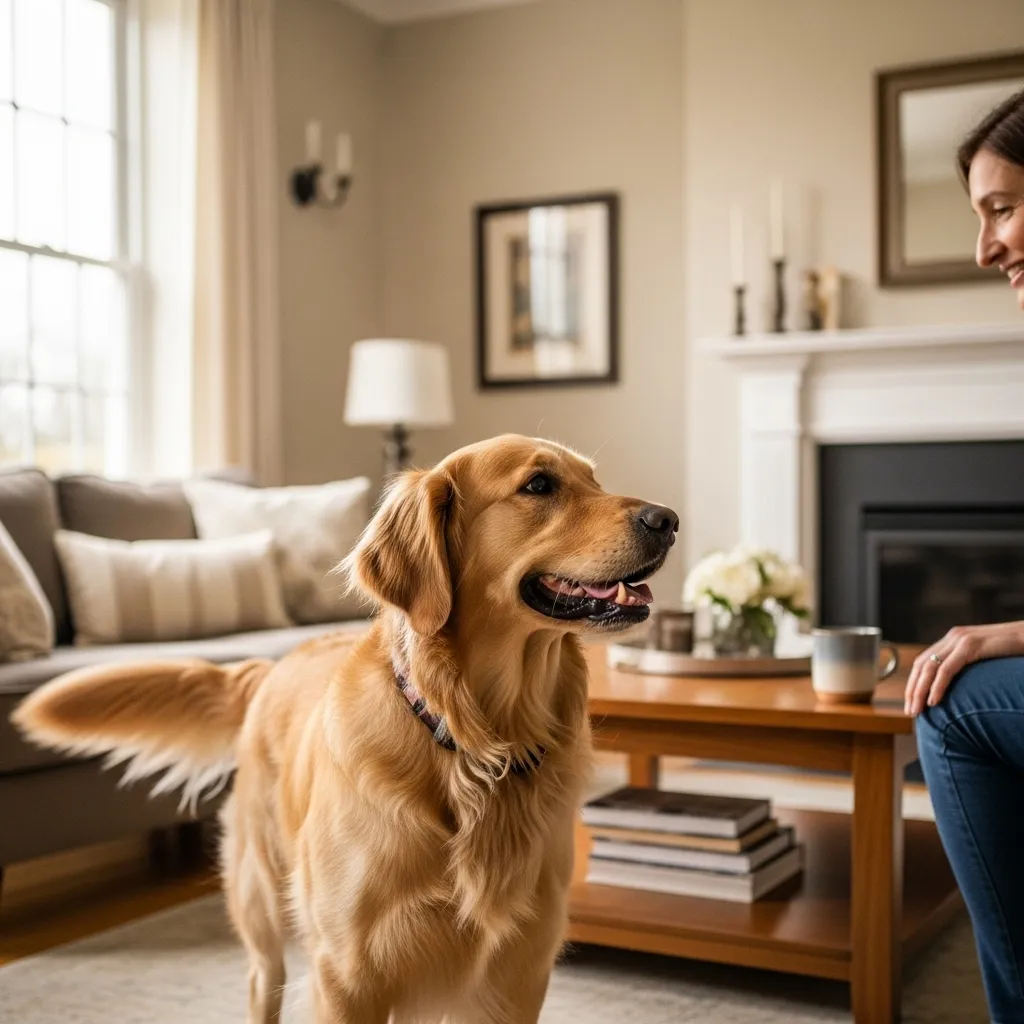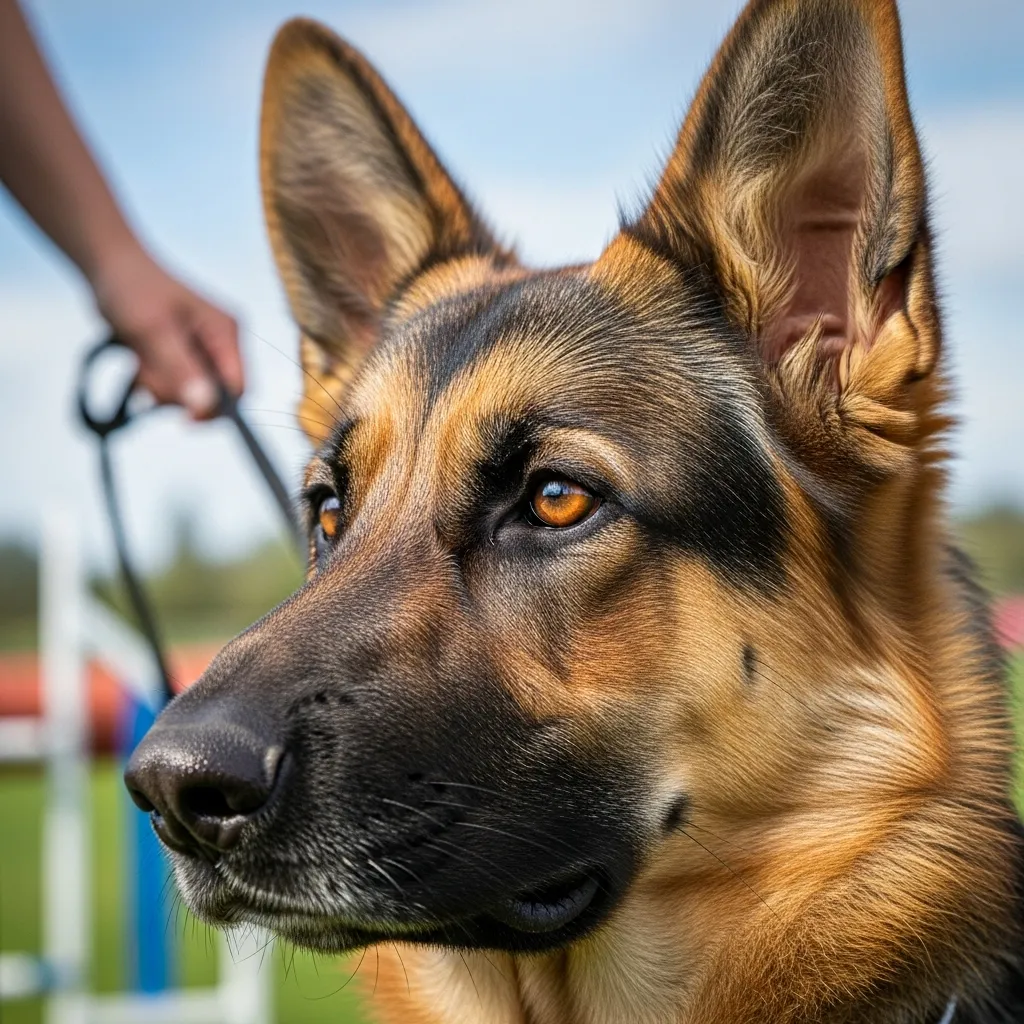
2. German Shepherd: The Versatile and Intelligent Companion
The German Shepherd Dog is one of the world’s most recognized and admired breeds, renowned for its intelligence, courage, and unwavering loyalty. Developed in Germany for herding sheep, this breed’s versatility has made them a top choice for police and military work, service assistance, and, of course, as devoted family companion dogs.
History and Temperament
A German Shepherd’s loyalty is active and purposeful. They don’t just want to be with you; they want to *work* with you. This breed thrives on having a job to do, whether it’s learning a new trick, competing in a dog sport, or simply keeping a watchful eye on the children in the backyard. They are confident, steady, and form a powerful bond with their family, often being particularly attached to one person.
What to Expect with a German Shepherd
Size and Exercise: These are large, athletic dogs that require a great deal of both physical and mental exercise. A short walk around the block will not suffice. They need daily opportunities to run, play, and, most importantly, use their brilliant minds. Without sufficient stimulation, they can become bored and develop problem behaviors like destructive chewing or excessive barking.
Mental Stimulation: For this breed, mental work is just as important as physical activity. This is where enrichment comes in. Enrichment refers to activities that stimulate a dog’s mind and allow them to engage in natural behaviors. This can include puzzle toys that they have to solve to get treats, scent work games, or structured training sessions.
Grooming: German Shepherds have a thick double coat and are known for shedding year-round. They are sometimes affectionately called “German shedders” for a reason! Regular brushing a few times a week will help manage the loose hair and keep their coat healthy.
Training: Their intelligence and eagerness to please make them highly trainable. They excel at obedience and can learn an incredible number of commands. Like all dogs, they respond best to positive reinforcement. Their sensitivity means that harsh training methods can damage their confidence and the trust they have in you.
Health Considerations: As a breed, they can be prone to certain health issues, including hip and elbow dysplasia and bloat. It’s important to work with a reputable breeder or rescue organization that screens for these conditions. Maintaining your dog at a healthy weight and providing regular, moderate exercise can help support their joint health. You can find more general health information for dogs from sources like the American Veterinary Medical Association (AVMA).
A Mini-Example of an Enrichment Session
Here’s a simple 10-minute game to engage your German Shepherd’s mind:
1. The “Find It” Game: Start with your dog in a “sit” or “stay.” Show them a high-value treat (something extra yummy, like a piece of chicken).
2. First Round: Place the treat on the floor a few feet away in plain sight. Release them with a cheerful “Find it!” and praise them enthusiastically when they eat it.
3. Increase Difficulty: Repeat this a few times, then start hiding the treat in slightly harder spots—behind a chair leg, under the edge of a rug, or inside an open cardboard box. Continue to use the “Find it!” cue.
4. Engage Their Nose: This simple game encourages them to use their powerful sense of smell, which is incredibly satisfying for them. It’s a fun, collaborative activity that reinforces your bond and tires them out mentally.



